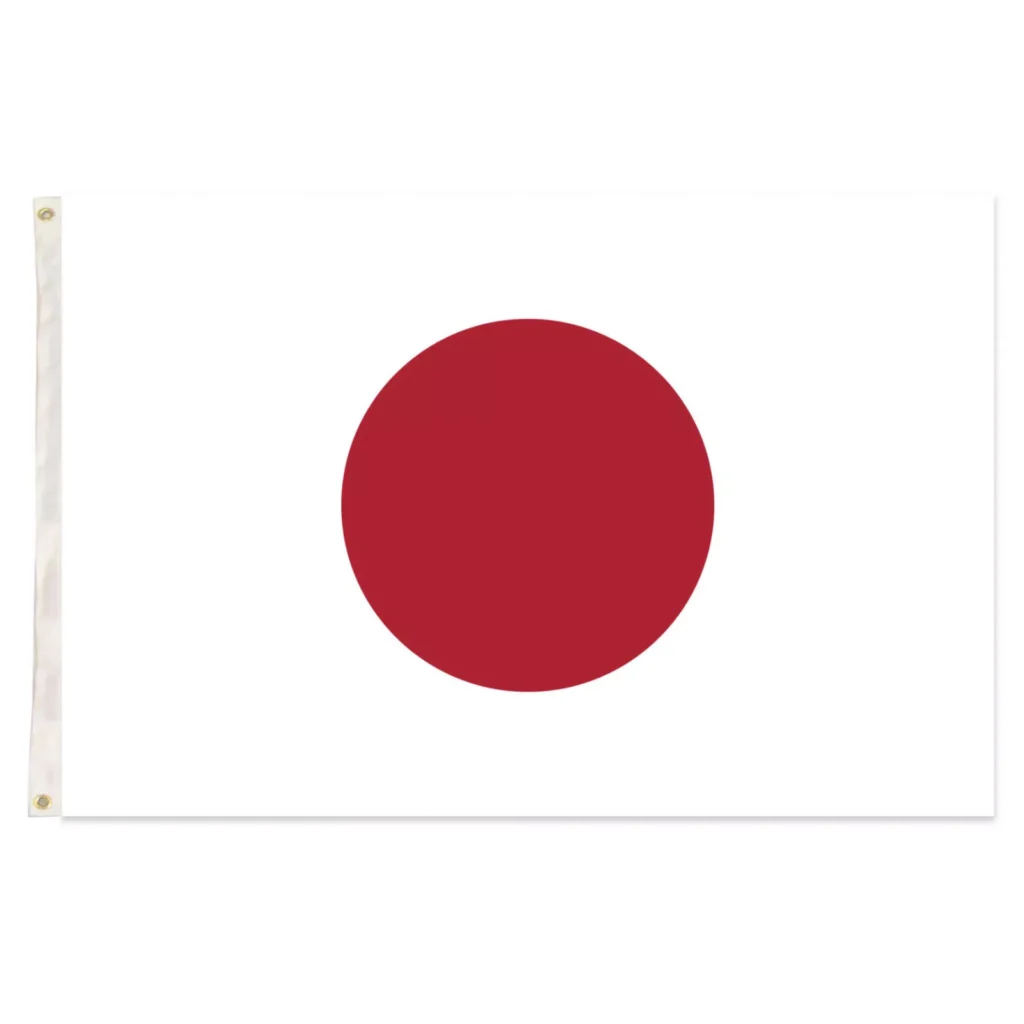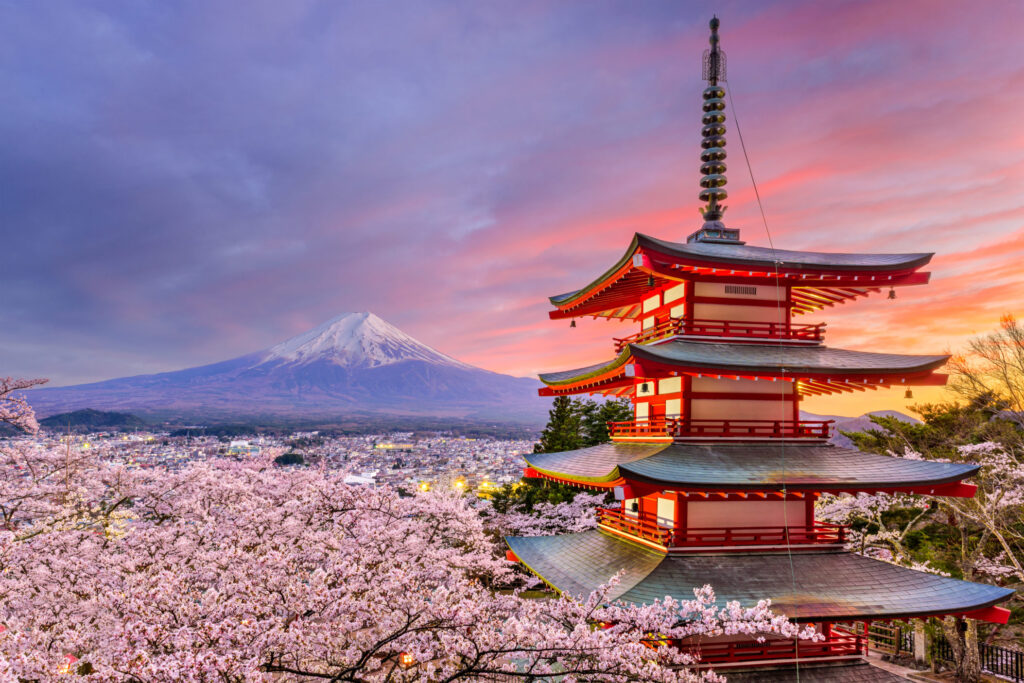Best Japanese History Books

Embarking on a journey through the annals of Japanese history is an immersive experience. This reveals a tapestry of captivating stories, iconic personalities, and momentous events. The finest Japanese history books serve as portals to a bygone era. It enables readers to traverse centuries and witness the rise and fall of dynasties. The clash of samurai swords, and the unfolding of Japan’s cultural metamorphosis.
Through meticulous research, vivid prose, and scholarly insight, these books unlock the enigma of Japan’s past. Therefore, offering a gateway to understanding its complex traditions, societal transformations, and profound influence on the world. Join us as we embark on a literary odyssey to uncover the best Japanese history books. The one that preserves the legacy of a remarkable nation.
1. Japan: A Short History
“Japan: A Short History” by Mikiso Hane is widely regarded as one of the best Japanese history books available. In just a concise 115 pages, Hane provides a comprehensive overview of Japan’s rich and complex past. This spans from ancient times to the modern era. Hane’s writing style is engaging and accessible, making it an excellent choice for both scholars and general readers. The book covers key historical events, such as the samurai era, Meiji Restoration, and World War II. Also delving into cultural, social, and economic aspects of Japanese society. With its brevity and depth, This book offers a valuable resource for anyone seeking an understanding of Japan’s historical journey.
2. A History of Japan
“A History of Japan” by George Sansom is widely regarded as one of the best Japanese history books. Sansom’s meticulous research and engaging writing style make this book a comprehensive and accessible resource for understanding Japan’s rich and complex history. From ancient times to the modern era, Sansom provides a balanced and insightful account of Japan’s political, social, and cultural developments. He delves into key events, such as the rise of the samurai, the Meiji Restoration, and Japan’s imperial expansion. Sansom’s expertise and nuanced analysis make this book an indispensable read for anyone interested in gaining a deep understanding of Japan’s fascinating historical trajectory.
3. Japan Rising
“Japan Rising” by Kume Kunitake is a compelling masterpiece that stands among the finest Japanese history books. Kunitake meticulously chronicles Japan’s transformative journey from feudal isolation to a modern nation on the global stage. With insightful analysis and meticulous research, there is a navigation by the author into pivotal events. This events include the Meiji Restoration, industrialization, and the nation’s imperial expansion. Kunitake’s engaging prose captivates readers, bringing historical figures and their motivations to life. By examining the social, political, and cultural forces that shaped Japan, “Japan Rising” offers a profound understanding of the country’s rich past. A must-read for both scholars and enthusiasts, this book illuminates Japan’s remarkable ascent with precision and elegance.
4. Bending Adversity
“Bending Adversity” by David Pilling is an exceptional book that delves into the rich tapestry of Japanese history. With meticulous research and insightful analysis, Pilling captures the essence of Japan’s resilience and adaptability in the face of adversity. From the devastating earthquake and tsunami of 2011 to the economic downturn of the 1990s, the author masterfully explores how these challenges have shaped Japan’s society, culture, and politics. Pilling’s engaging storytelling and deep understanding of the country’s complexities make this book a standout in the realm of Japanese history. “Bending Adversity” offers readers a thought-provoking journey through Japan’s past and present, leaving a lasting impression of its enduring spirit.
5. 1964 – The Greatest Year in the History of Japan
“1964 – The Greatest Year in the History of Japan” by Roy, Tomizawa is a remarkable Japanese history book. In just 115 pages, Tomizawa skillfully captures the pivotal year when Tokyo hosted the Summer Olympics and Japan underwent a significant transformation. The book delves into the political, social, and cultural changes that defined this era, showcasing Japan’s remarkable resilience and determination to rebuild after the devastation of World War II. Tomizawa’s writing is engaging and concise, providing a comprehensive overview of the events and their lasting impact. “1964” stands as a testament to Japan’s indomitable spirit and remains a must-read for anyone interested in Japanese history.

6. Lost Japan
“Lost Japan” by Alex Kerr is an exceptional Japanese history book that delves into the essence of Japan’s cultural heritage and the challenges it faces in the modern world. Kerr’s captivating narrative takes readers on a journey through the country’s traditional arts, architecture, and customs, offering unique insights into the soul of Japan.
With an intimate understanding of the culture and language, Kerr sheds light on the rapid changes and globalization that have threatened Japan’s rich traditions. Through his personal experiences and encounters, he beautifully captures the delicate balance between preservation and progress. “Lost Japan” is a thought-provoking and enlightening exploration of Japan’s past, making it one of the finest books on the subject.
7. A Brief History of the Samurai
The outstanding Japanese history book “A Brief History of the Samurai” by Jonathan Clements provides a condensed yet comprehensive analysis of the legendary samurai warriors. In just 115 pages, Clements expertly takes readers on a captivating journey through the mysterious world of the samurai, covering everything from their beginnings in ancient Japan to their eventual demise in the contemporary day.
The author provides in-depth insights into the samurai’s code of honor, their military strategies, and their significant influence on Japanese society through meticulous research and engrossing storytelling. This book is a superb option for those looking for a condensed yet informative introduction to the fascinating world of the samurai because of Clements’ terse writing style and ability for simplifying detailed historical events.
8. Hirohito and the Making of Modern Japan
“Hirohito and the Making of Modern Japan” by Herbert P. Bix is widely recognized as one of the most exceptional books in Japanese history. Bix thoroughly delves into the life and rule of Emperor Hirohito, presenting a comprehensive examination of his impact on Japan’s modernization. Through extensive research and insightful interpretations, Bix challenges the prevailing narrative surrounding Hirohito’s reign, revealing his involvement in Japan’s militarism and aggression during World War II. The book provides a well-balanced and nuanced viewpoint, emphasizing the intricate political dynamics that influenced Hirohito’s decision-making. Bix’s scholarly rigor has garnered high praise for this work, establishing it as a crucial resource for those seeking a profound comprehension of modern Japanese history.
9. Sengoku Jidai
“Sengoku Jidai” by Danny Chaplin is widely regarded as one of the best Japanese history books available. This concise yet comprehensive account provides a captivating exploration of the turbulent Sengoku period in Japan, spanning from the late 15th to the early 17th century. Chaplin’s meticulous research and storytelling bring to life the complex dynamics of warlords, samurai, and political intrigue during this era. With a keen eye for detail and a deep understanding of the subject matter, “Sengoku Jidai” offers readers an insightful and enriching journey into one of Japan’s most fascinating historical periods.
Recommended Post: Highest paying Job in Germany
10. Daughters of the Samurai
“Daughters of the Samurai” by Janice P. Kimura is hailed as one of the finest Japanese history books available. This work revolves around journey of five young Japanese girls; chosen to be educated in the US in the late 1800s. Kimura meticulously unravels their fascinating stories. They showcase their struggles, triumphs, and their crucial role in Japan’s transformation into a modern nation.
With meticulous research and engaging storytelling, this book offers a captivating and nuanced portrayal of cultural exchange. It offers also, the women’s rights and Japan’s rapid modernization. “Daughters of the Samurai” stands as a testament to the indomitable spirit of these remarkable women.
Conclusion
The realm of Japanese history is rich and complex. Exploring it through well-crafted books can be both enlightening and captivating. Whether you seek a deep dive into specific eras, personal narratives, or broader overviews. The best Japanese history books have the power to transport readers. Transport them to a fascinating world of tradition, innovation, and cultural transformation.
 Skip to content
Skip to content



